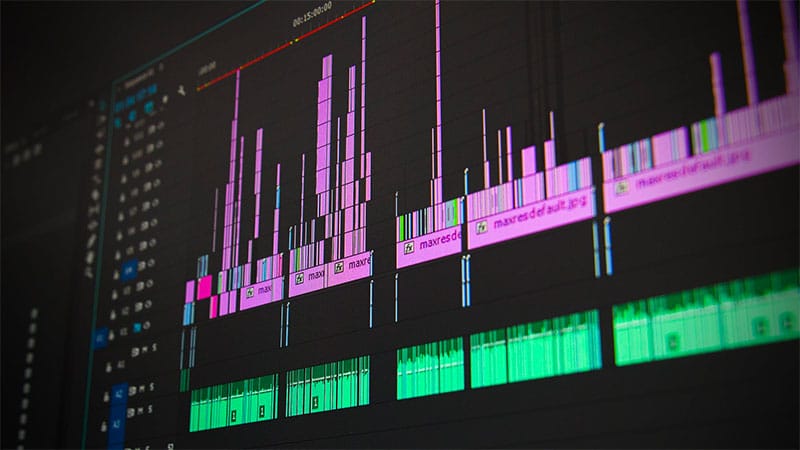Music permeates through our society as a common interest among the majority of the population – while most of us just enjoy listening to the work of others, those particularly passionate about the industry look to get involved in the other side of it: producing and publishing music.
Publishing music centers around the original song creator and the settling (or, better yet, avoidance of) copyright issues. A published song should be protected from misuse via copyright and monitored closely in order to appropriately collect royalties from the music.
Getting started in an industry as big as music can be a daunting thought – there are a lot of things to learn. Today, we’ll tackle a few of the basics, so if you’re interested in publishing your own music: strap in and listen up.
Producing
Whichever genre you choose to pursue a musical career in, you will need the related equipment and facilities in order to realize your creative ideas into audible mixes called music. While you may have heard of big musical stars owning their own personal music studios as part of their multi-million-dollar mansion, they definitely didn’t start their career there. Before publishing any music, you need to produce and record it. Utilizing a local recording venue like Pirate Studio will give you the foot-up you need to get started down the path of publishing your first piece.
If you feel like your music has transcended a starter platform like Soundcloud’s streaming service, it might just be time for you to publish your work. To kick start this process, you will need to secure a registration with a performing rights organization (PRO) like BMI Publishing – this is imperative if you wish to earn the money owed to you via the royalties collected once your song is played on the radio (fingers crossed).
Copyright
If you’re publishing music, knowing your way around a copyright is a sure way to avoid being slapped with a fine or a lawsuit. You should look into securing a compositional copyright as well as a master copyright. Within the compositional copyright – which we suggest you secure – you can earn revenue from mechanical, performance, and sync royalties.
Collection
If you work with a publisher like Ditto Publishing – good news! You will not be directly responsible for the collection of these royalties. It is still useful to have a brief idea of how they work, though. An artist is required to sign up with a relevant mechanical rights society to ensure that they are paid for the streams and downloads of their music, accordingly. It is this tricky process which forces the hand of many upcoming artists to work with a publishing company.
Sync deals, standing out from the aforementioned, are rapidly becoming one of the most fruitful sources of income for artists, as a result of the high replay rates of modern media. Combining these different sources of income should allow you to sustain your music career and enable reinvestment back into yourself once you achieve a steady cash flow.
With these tools for progress provided, grab your gear and get out to the studio to kick start your music career – all the best.





